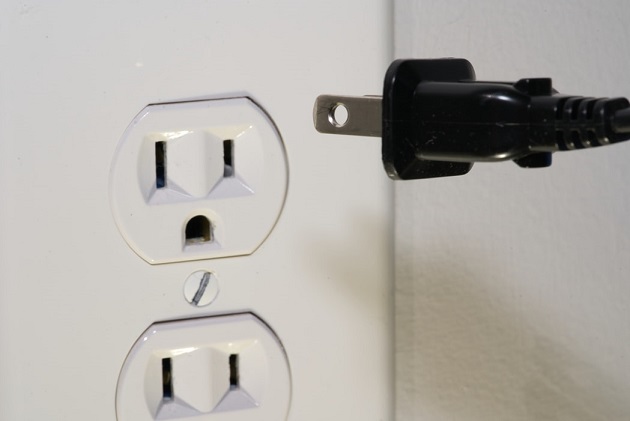
When it comes to using energy, whether you are looking to go green or asking yourself, “How do I reduce my electric bill?” you can save money by taking a few proactive steps to cut back on energy consumption. Your electric bill is a big part of your monthly expenses. By being energy efficient, you can save money each month on your electrical bill. It will take a little discipline and cooperation from the entire household, but it may well be worth it. If you are you are interested in lowering your electric bill, here are 10 tips to get you started:
1. Adjust your Thermostat
Don’t cool or heat an empty house or room. If no one is home during the day, set thermostats lower in the winter (65 degrees or lower) and higher in the summer (75 degrees or higher) and you will start to realize savings. If your thermostat is programmable, then program it to the temperatures for when you or your family are at work and school. When home, set the thermostat to 68-70 degrees in the winter and 72-74 degrees in the summer. If it is not programmable, make it a habit to set the thermostat to the desired temperature before leaving. Also, rooms that are not occupied or are only being used for storage should be closed off to save on electricity.
2. Use Cold Water For Laundry
When doing a load of laundry, wash your clothes with cold water. Hot water requires a hot water tank that requires electricity to heat it. Even if you only use warm or cold water, you will reduce your per load energy usage by half.
3. Hang Dry Your Laundry
Dryers use a lot of electricity. If it is possible to string a clothesline in the backyard, then do it. You will enjoy the naturally fresh scent that Mother Nature leaves on your clothes. If you cannot run a clothesline, then consider a clothing rack to hang dry your laundry. Racks are versatile, can be placed anywhere, and fold up easily to store in a closet when not in use.
4. Keep Your Home Sealed Tight
Weatherstripping your doors and covering drafty windows with plastic during winter can save on your energy bill, especially if you live in an older house. Sealing your doors and windows prevents the cold air from coming in and warm air from escaping outside. You can also hang a heavy curtain or tapestry around a window to further insulate it from the heat escaping.
5. Unplug Electronics When Not in Use
Just because your television is turned off it doesn’t mean the electric usage from it is. In fact, when your home electronics are shut off they continue to consume 75 percent of the energy used when they are turned off. This is referred to as phantom loads of electric usage. Televisions, computers, phone chargers, kitchen appliances, DVD players, stereos, your toaster and other kitchen appliances—anything that holds the time or other electronic settings—continue to consume energy even when turned off. One simple solution is to start using power strips to turn off electronics when not in use.
6. HVAC Maintenance
Increase the efficiency of your heating, ventilation, and air conditioning (HVAC) system by having it inspected and cleaned once a year. Also, by changing the system’s filter once every month it will not only run more efficiently, but you will have cleaner air circulating through your home. Make sure your ductwork is sealed properly to keep the flow of cool or warm air at a maximum.
7. Adjust Water Heater Temperature
Lowering the temperature on your water heater can save energy costs. In general, the default temperature setting is typically 140 degrees. By lowering the setting to 120 degrees you will reduce the water heater costs by up to 10%. If you are going away on vacation or for the holidays, turn your water heater to its lowest setting and save big.
8. Use Fans
In the hot days of summer, if you have fans turn them on. If you don’t have fans, considering investing in them, especially ceiling fans. Fans circulate the air in rooms and keep them feeling cooler.
9. Turn Off Your Lights
You can save on your electrical bill by remembering to turn off lights in empty rooms. Hall lights, kitchen lights, and bathroom lights left on only increase your monthly energy costs. Instead of leaving it on all the time, turning off a single 100-watt light bulb will save you an approximate $131!
10. Light Bulbs
To help lower your electric bill, consider changing your light bulbs from 100-watt to 60-watt. If you swap out to fluorescent bulbs you will realize even greater savings on your electric bill. By replacing ten 60-watt light bulbs with compact fluorescent bulbs will save approximately $123 per year.
